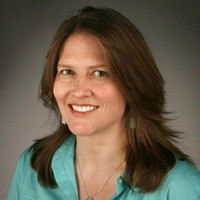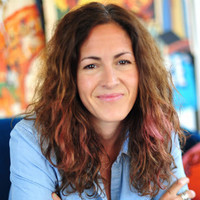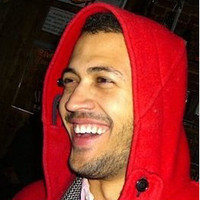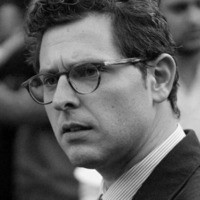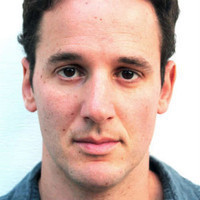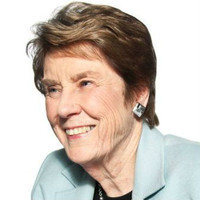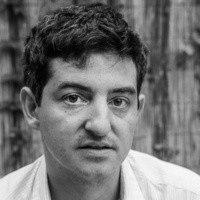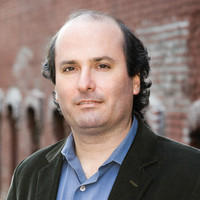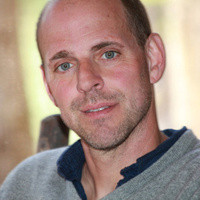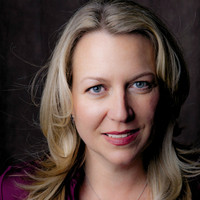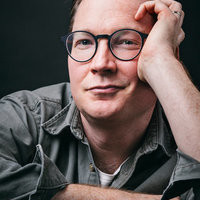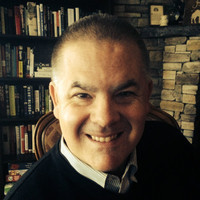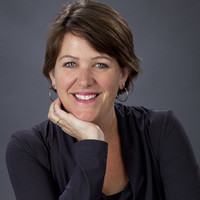Kelley Benham is a writer and editor at the Tampa Bay Times.
"People connect with this story in a really visceral kind of way, usually because of some experience they've had or someone close to them has had. I've had 90-year-old women crying into my phone about babies they lost 70 years ago. I've had people kind of sneak up to me and tell me about babies that have died that they don't talk about, but that they carry with them all the time. I've had premies who are grown up—those are my favorite—you know, "I'm 20 now and I have a scar just like Juniper's scar, and thank you for helping me understand who I am."
Thanks to TinyLetter for sponsoring this week's episode.
